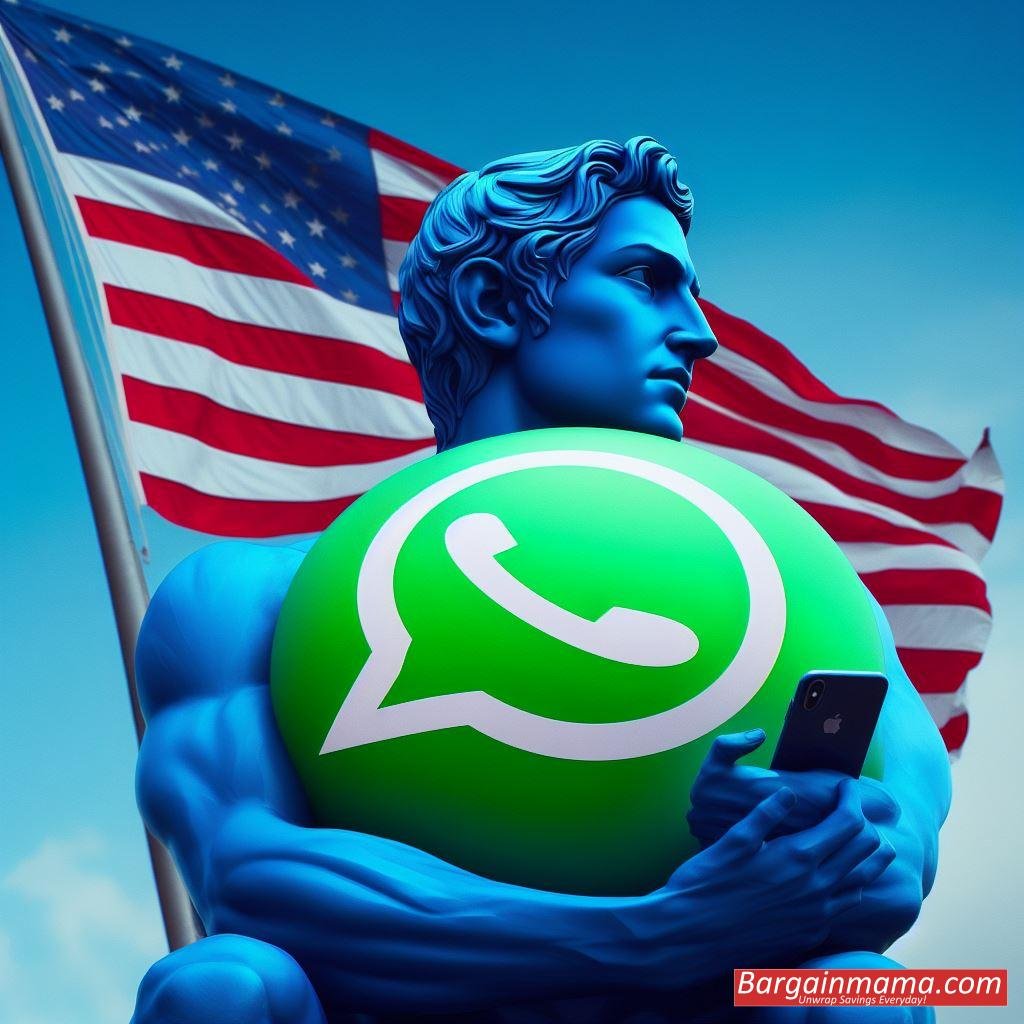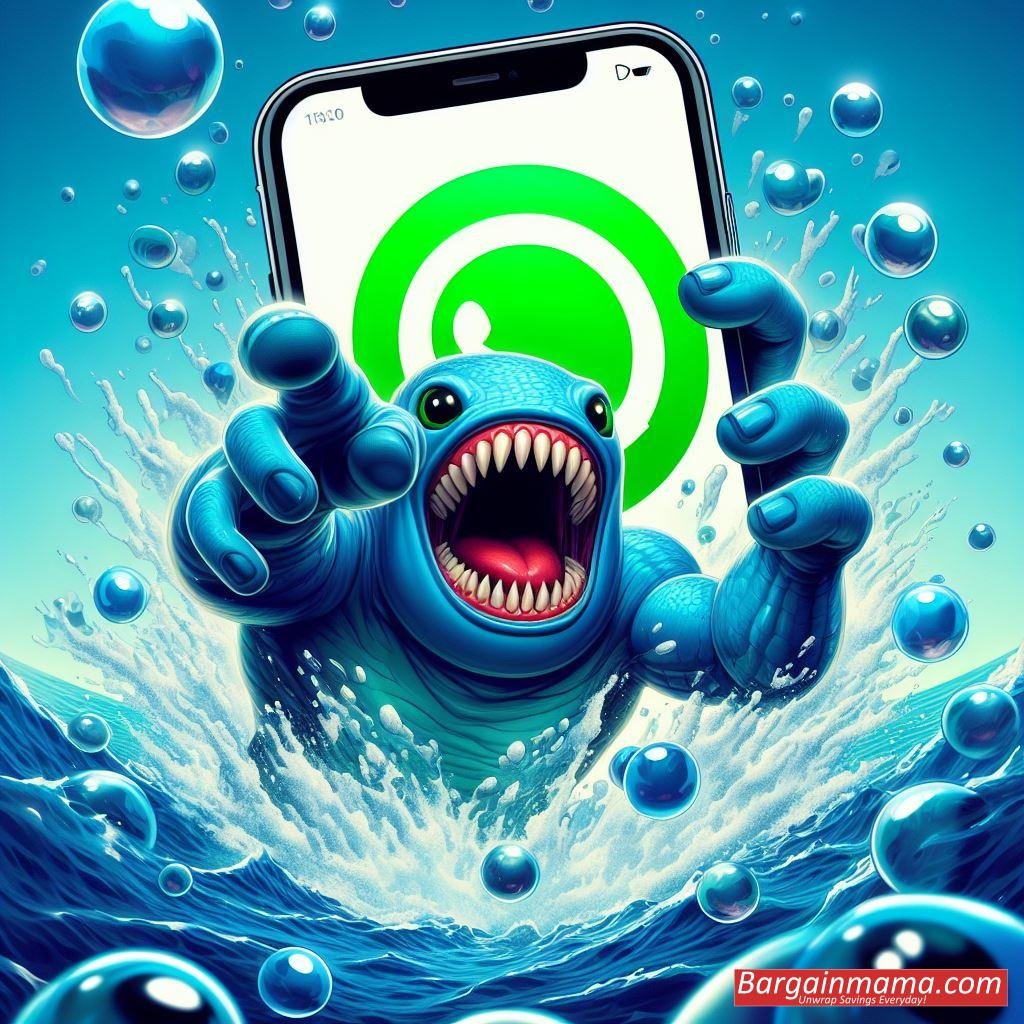A new competitor is preparing to take on Apple’s iMessage, the well-known blue bubbles in the tech messaging app market. The CEO of Meta, Mark Zuckerberg, is putting WhatsApp in a strategic position to take over the American market and change the iMessage-dominated environment. This action may completely change how American iPhone users interact via texting.
The American Blue Bubble Phenomenon: A Tribal Concern

The blue bubbles in iMessage have long been associated with a feeling of exclusivity among US iPhone owners. Because of the unique color-coding scheme, texting has become a tribal affair, giving users of the Apple ecosystem a sense of security and even superiority. Conversely, green bubbles indicate a relationship with Android users—a significant difference in a nation where almost 80% of Gen Z buyers favor iPhones, according to Bloomberg Intelligence.
Apple has worked tirelessly to keep this blue-green division intact, even going so far as to obstruct an Android software that let users send messages looking like blue bubbles. But Meta and Mark Zuckerberg are ready to upend the current order.
WhatsApp: The Upcoming Chapter of Meta in the US

WhatsApp hasn’t yet reached the same degree of popularity in the US as Facebook and Instagram, two of the most popular social media programs inside Meta’s empire. WhatsApp was purchased in 2014 for an astounding $19 billion, and it currently has over 2 billion users worldwide, the majority of which are based outside of the US. Zuckerberg sees WhatsApp as Meta’s “next chapter” in the US, indicating a calculated attempt to establish the company as a household brand.
WhatsApp’s Enterprise-Friendly Strategy
WhatsApp is adopting a business-friendly approach in an effort to appeal to a larger American audience. Business accounts may connect several devices with the app, enabling effective customer service from any location. WhatsApp’s daily business user base increased by 80% in the US last year thanks in part to Meta’s introduction of tools that allow companies to interact with consumers in a seamless manner.
Separate Areas and Improved Features
WhatsApp is promoting itself as a private substitute for social media interactions with friends and family in light of the increasing disenchantment with public platforms. The addition of “Channels” offers a distinctive combination of privacy and connectedness by enabling users to follow influencers and get updates in a style akin to Instagram stories. Furthermore, WhatsApp goes well beyond iMessage’s constraints by supporting over 1,000 participants, which improves the group-chat experience.

Meta’s Outlook: Business Communications
commercial communications, according to Mark Zuckerberg, will be a key component of Meta’s next commercial initiatives. Meta wants to prioritize corporate communication in order to monetise WhatsApp and Messenger as the metaverse continues to develop. This strategy change emphasizes the role that business messaging plays in Meta’s expansion, which is in line with Zuckerberg’s future goal.
The competition between blue bubbles and the messaging behemoth controlled by Meta is getting more intense as Meta tries to establish WhatsApp as a household name in the US. The development of WhatsApp into a feature-rich, business-friendly platform indicates a possible change in user preferences and threatens Apple’s iMessage’s hegemony in the US messaging market. The way Americans connect and communicate through messaging applications may undergo a dramatic change in the upcoming years as Mark Zuckerberg continues to push the envelope.



